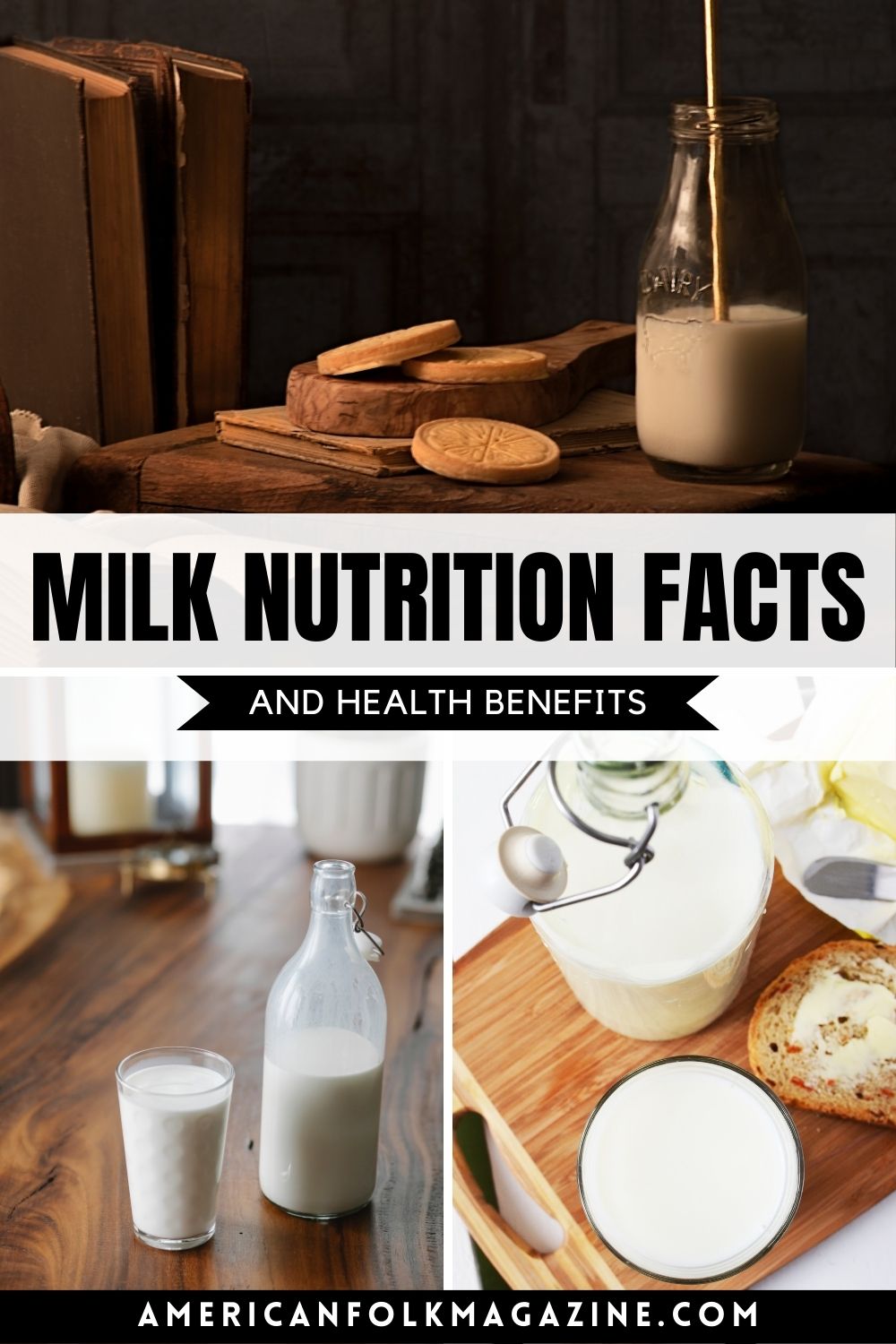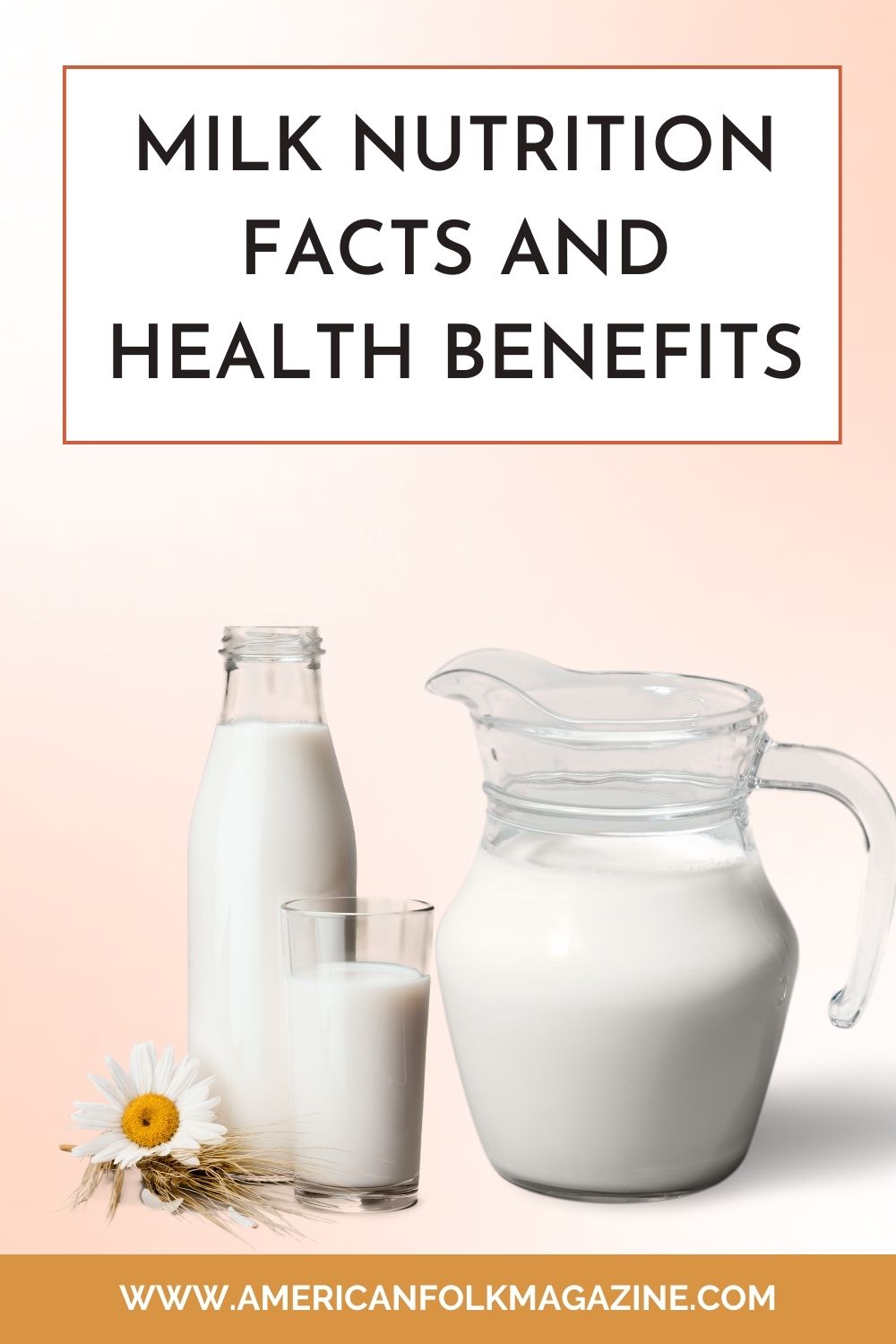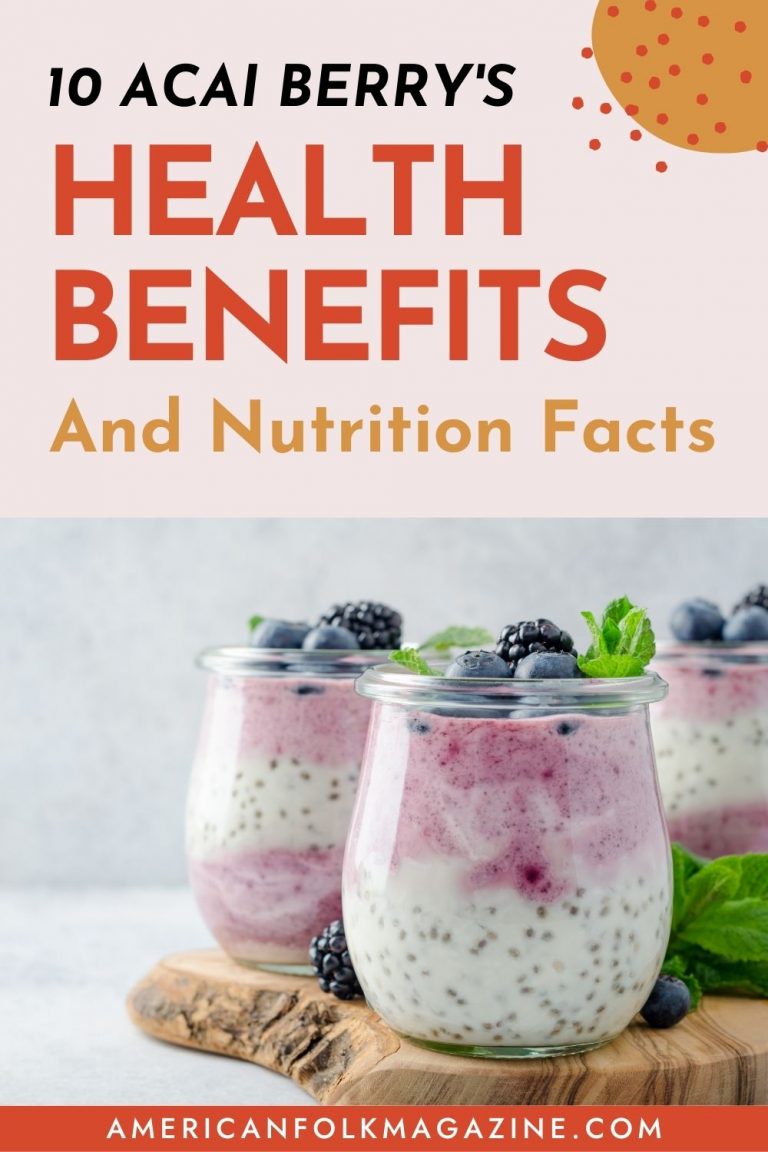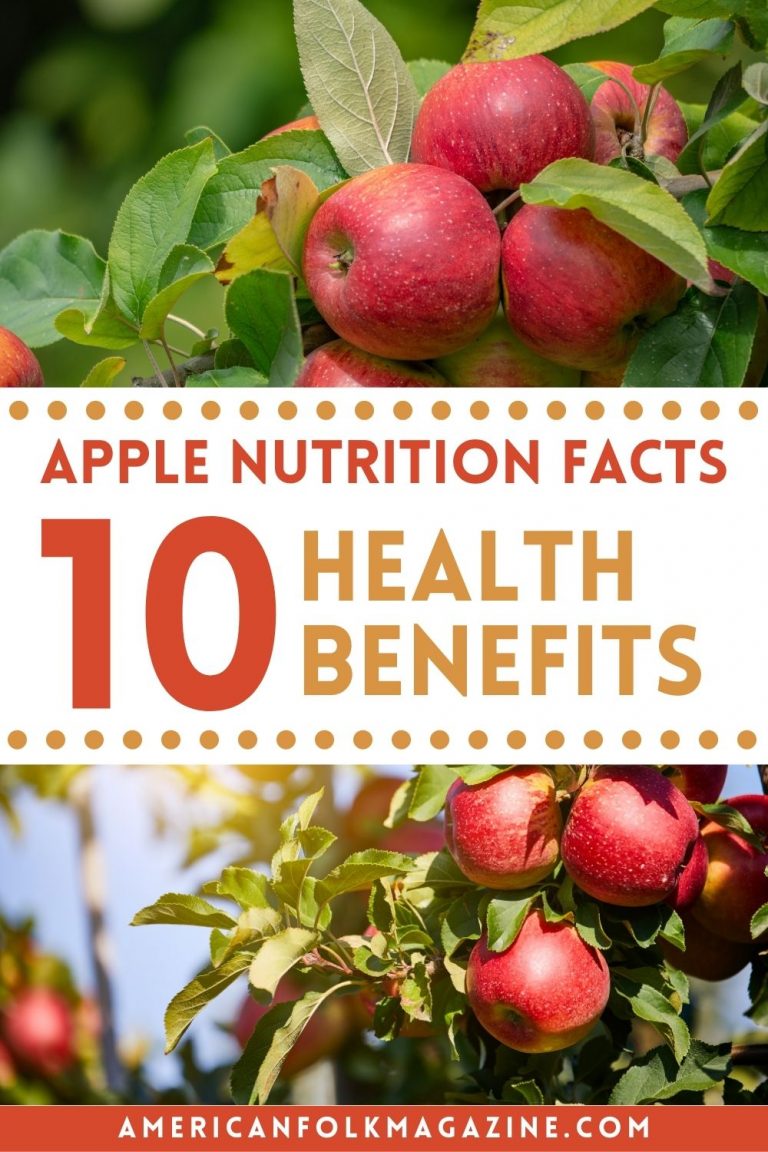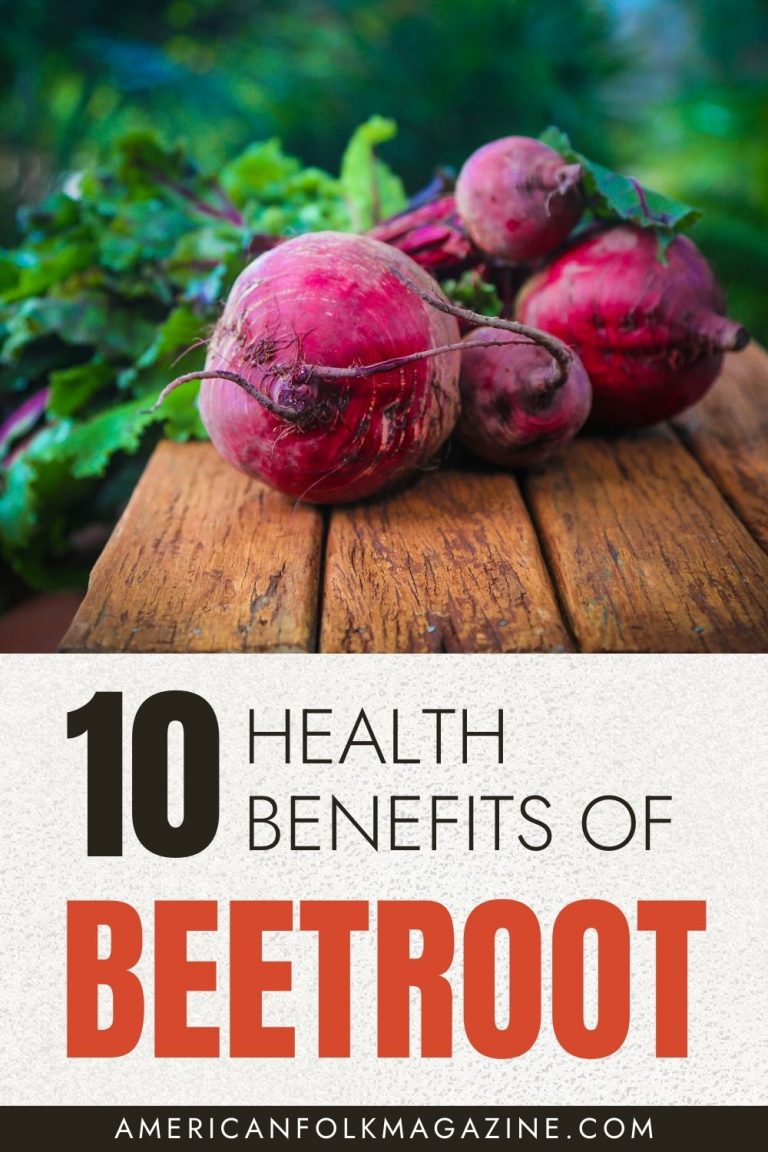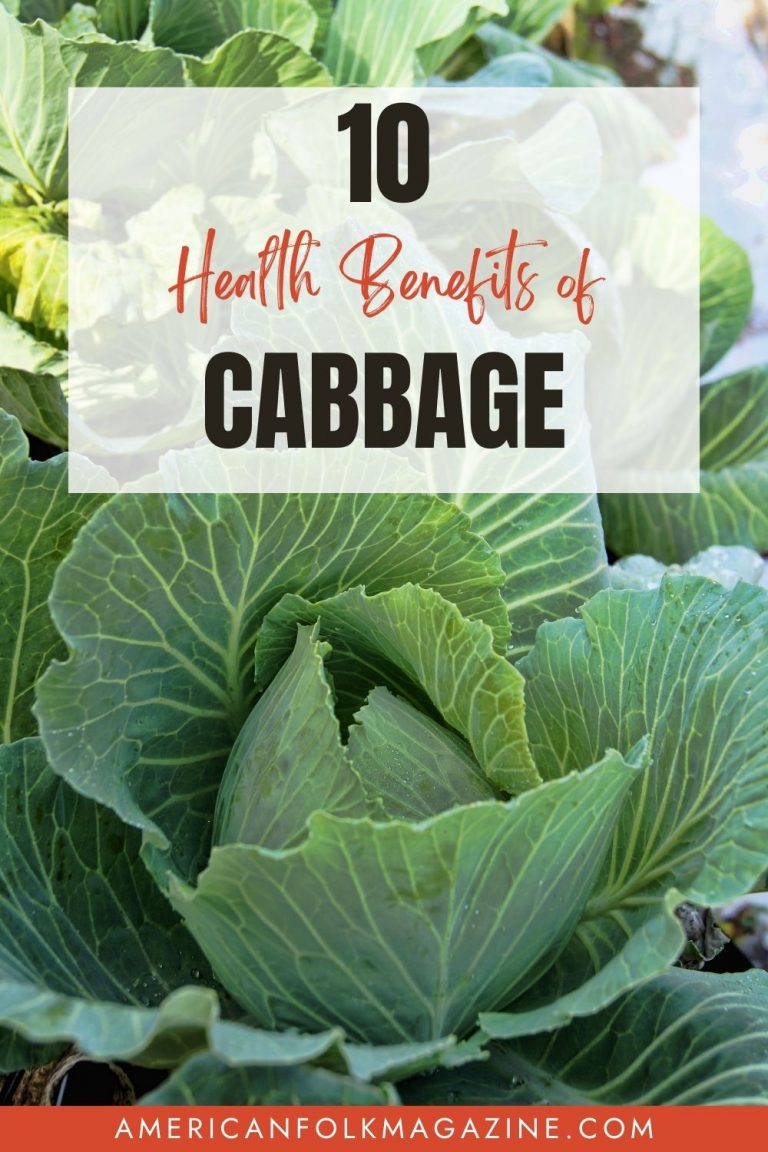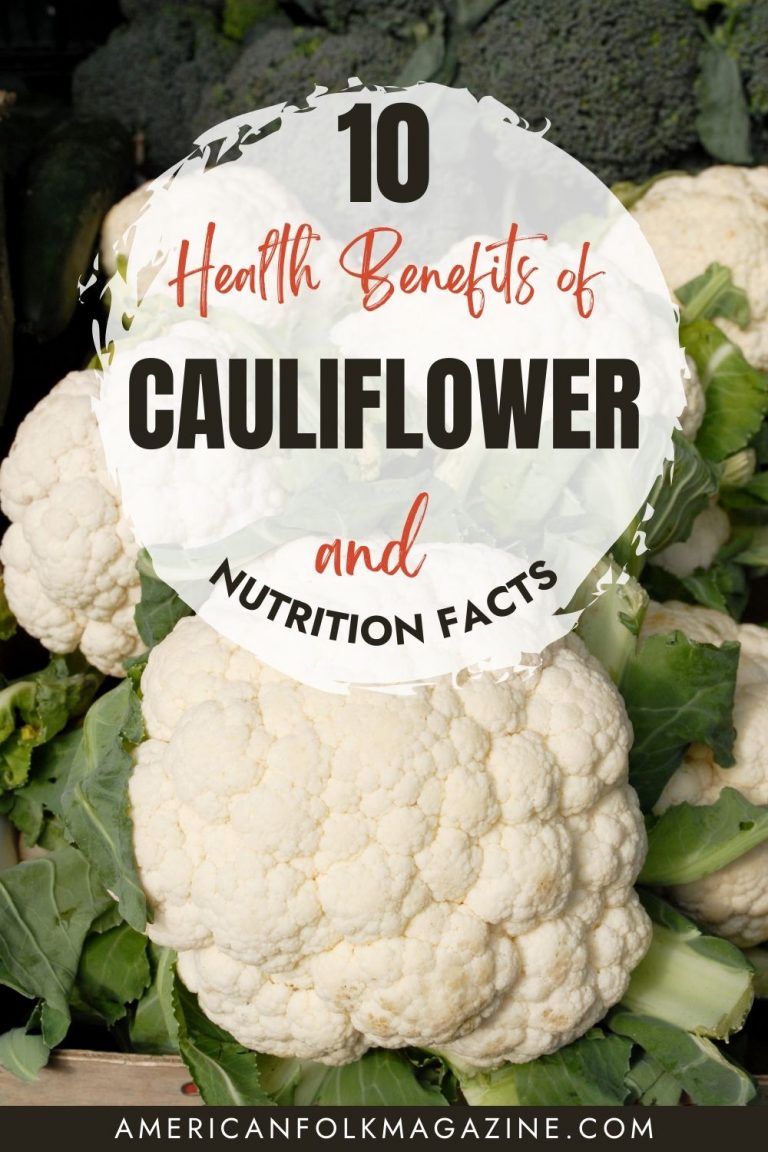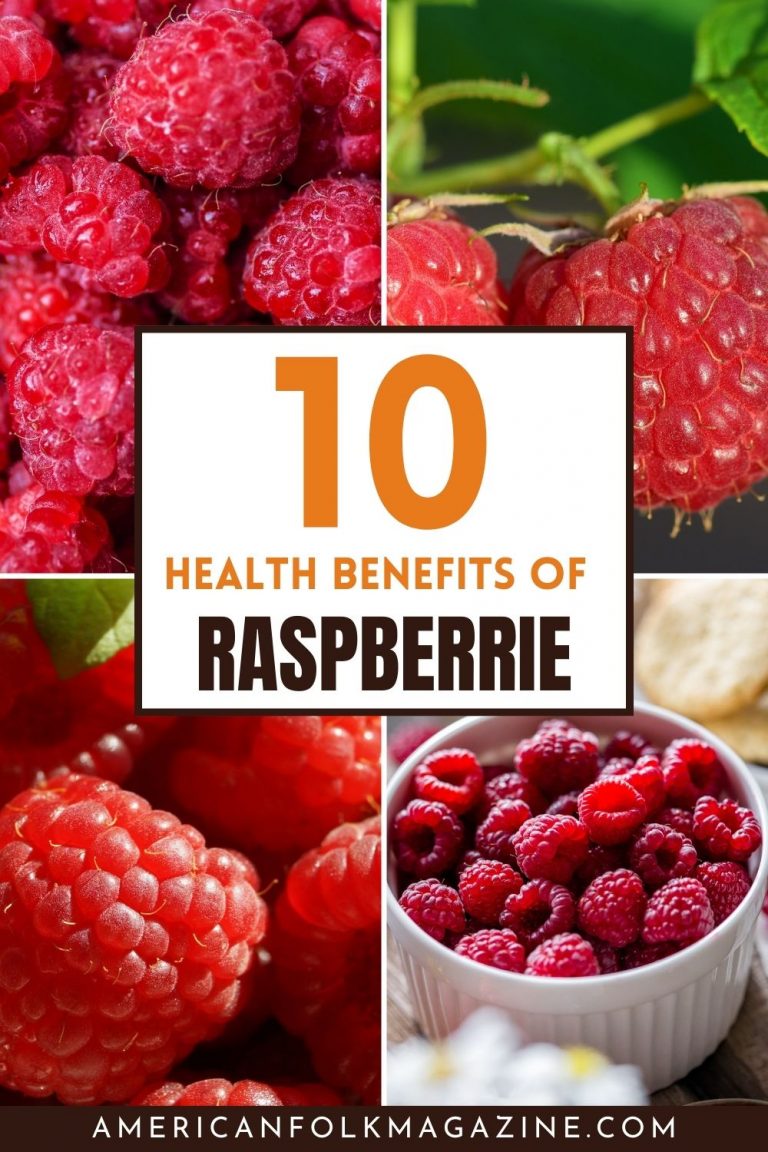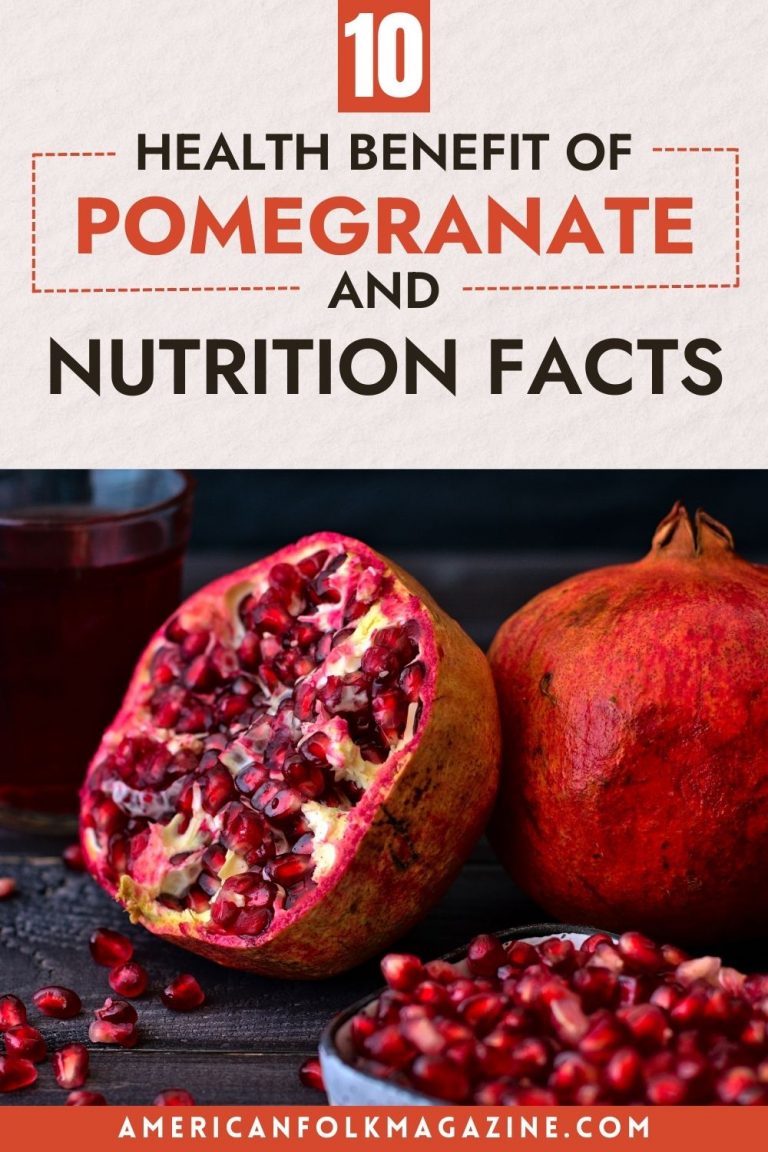Since ancient times, milk has held a significant place in our diet. Revered as a complete food, it has served as a primary source of nutrition for many cultures worldwide. This blog post aims to dissect the nutritional components of this versatile beverage, shedding light on the numerous health benefits it can offer.
What is Milk?
Milk, in its most basic form, is a nutrient-rich liquid food produced by the mammary glands of mammals. It is the primary source of nutrition for infant mammals, including humans, before they are able to digest other types of food.
While cow’s milk is the most commonly consumed type globally, other animal milks such as goat’s, sheep’s, buffalo’s, and camel’s milk also play essential roles in various cultures. In recent years, plant-based alternatives like almond, soy, oat, and rice milk have gained popularity, providing additional options for those with dietary restrictions or personal preferences.
Nutritional Content of Milk
| Nutrient | Amount in 100 ml |
|---|---|
| Energy | 61 kcal |
| Protein | 3.4 g |
| Fat | 3.3 g |
| Saturated Fat | 2.1 g |
| Carbohydrates | 4.7 g |
| Sugars | 4.7 g |
| Fiber | 0 g |
| Calcium | 120 mg |
| Potassium | 150 mg |
| Vitamin D | 0.1 mcg (Varies depending on fortification) |
| Vitamin B12 | 0.4 mcg |
Milk is renowned for its rich array of nutrients. It’s often referred to as a complete food, and here’s why:
- Proteins: Milk is a great source of high-quality protein, containing all nine essential amino acids necessary for the human body’s functions. These proteins aid in bodily repair, immune function, and growth.
- Carbohydrates: Lactose is the primary carbohydrate found in milk. It provides energy, fuels brain function, and aids in the absorption of calcium and other minerals.
- Fats: While the fat content varies depending on the type of milk (whole, 2%, fat-free), it is a source of essential fatty acids and fat-soluble vitamins. Some studies even suggest that dairy fat could be beneficial for heart health.
- Vitamins and Minerals: Milk is a treasure trove of vitamins and minerals. It’s a top source of calcium, vital for healthy teeth and bones. It also offers a good dose of vitamin D, which aids in calcium absorption, vitamin B12, necessary for brain function and creating red blood cells, and potassium, which helps regulate blood pressure.
The nutritional content can differ slightly across different types of milk – be it cow, goat, sheep, or plant-based alternatives. For example, goat’s milk generally contains less lactose and is easier to digest than cow’s milk, making it a suitable option for those with lactose intolerance. Similarly, plant-based milks often come fortified with various nutrients, making them a nutritious alternative for vegans or those with dairy allergies.
Health Benefits of Milk
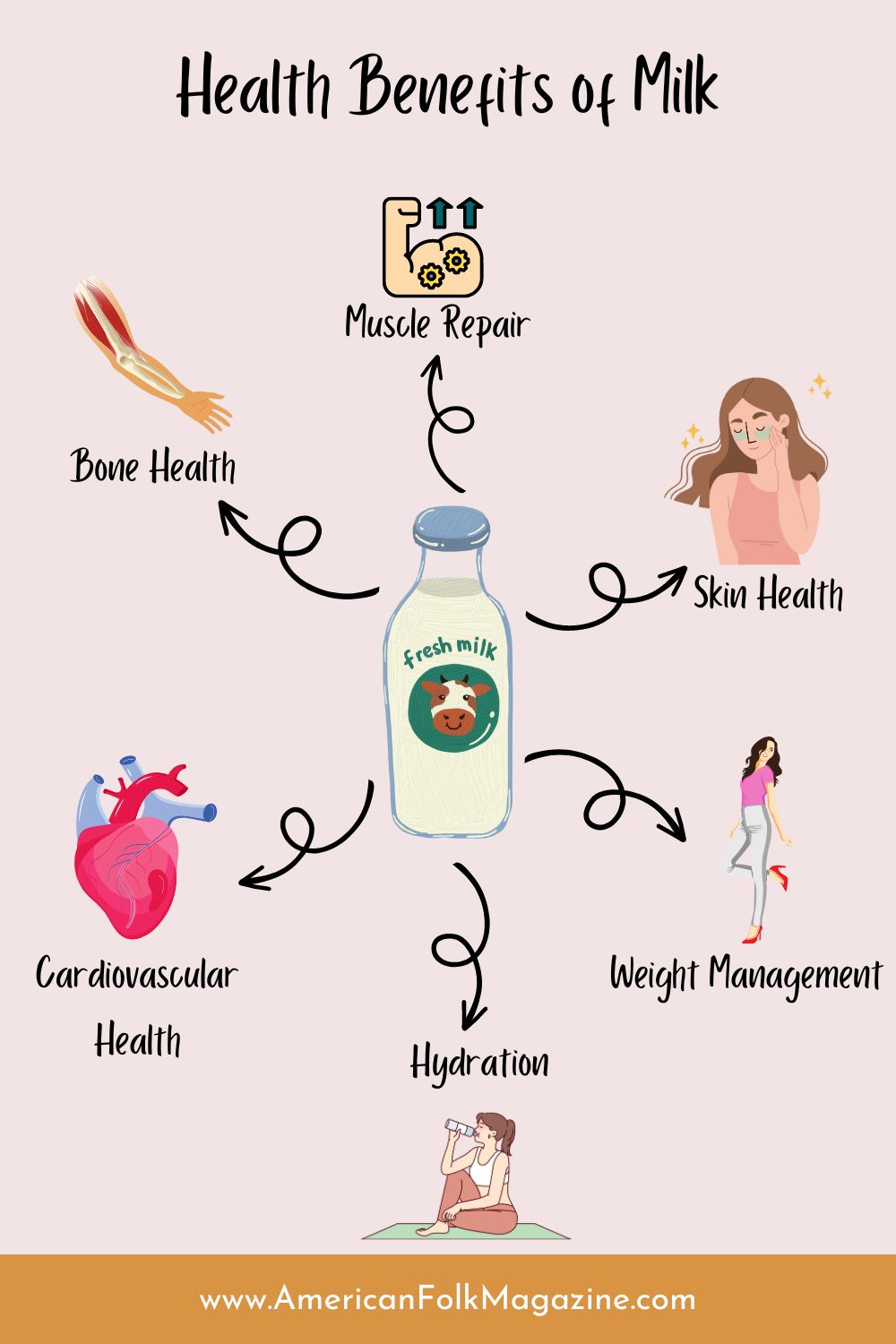
Scientific Studies and Health Benefits
Milk is not just a beverage; it’s a health package. Over the years, a number of scientific studies have revealed the health benefits of milk.
- Bone Health: Milk is one of the richest sources of calcium, a key mineral for healthy bones and teeth. The Vitamin D found in milk assists in calcium absorption, further promoting bone health. Regular intake of milk can contribute to preventing osteoporosis and bone fractures.
- Muscle Repair and Growth: The high-quality proteins found in milk are crucial for muscle repair and growth, making it an excellent post-workout drink.
- Hydration and Electrolyte Balance: Milk’s high water content, coupled with essential electrolytes like potassium, can help maintain hydration and electrolyte balance in the body.
- Cardiovascular Health: Milk is rich in vitamin B12 and potassium, which are essential for maintaining a healthy heart and blood pressure levels.
Role of Milk in Weight Management
While it might seem counterintuitive given its creamy texture, milk can aid in weight management. The protein in milk can help you feel fuller for longer, potentially curbing excessive calorie intake.
Potential Benefits of Milk for Skin Health
Anecdotal evidence and some studies suggest that the lactic acid and amino acids in milk can help hydrate the skin and reduce signs of aging. However, more research is needed in this area.
Lactose Intolerance and Milk Allergies
For some, consuming milk and dairy products can be problematic due to lactose intolerance or milk allergies. Lactose intolerance, a condition where the body cannot digest lactose, can cause discomfort but is not life-threatening. Milk allergies, on the other hand, can cause serious reactions and must be managed with strict dietary avoidance. Thankfully, numerous lactose-free and non-dairy alternatives exist, allowing individuals with these conditions to enjoy the benefits of milk.
Myths and Controversies
Milk has its share of controversies and myths. For instance, there is an ongoing debate over the safety and nutritional differences between raw and pasteurized milk. While raw milk advocates cite a superior taste and potential health benefits, most health organizations recommend pasteurized milk due to its safety from harmful bacteria.
The dairy industry’s ethical considerations, environmental impact, and plant-based milk alternatives’ rise are also topics of fervent discussion. Navigating these conversations requires a careful and balanced approach, taking into account individual dietary needs and personal beliefs.
Conclusion
Milk, with its rich array of nutrients, offers numerous health benefits, from strengthening bones to supporting muscle growth and potentially aiding weight management. While some individuals may need to seek alternatives due to lactose intolerance or milk allergies, the broad range of milk options available today ensures that everyone can enjoy these benefits. It’s important to consider the nutritional value of milk as part of a balanced diet and appreciate its role in promoting overall health.
References
For further reading, the below references offer in-depth insights into the topics covered in this blog post:
- The nutritional value of milk
- Milk and dairy products: good or bad for human health? An assessment of the totality of scientific evidence
- Lactose Intolerance
- Raw vs Pasteurized milk
- Dairy and Bone Health
Pin It In Your Board

